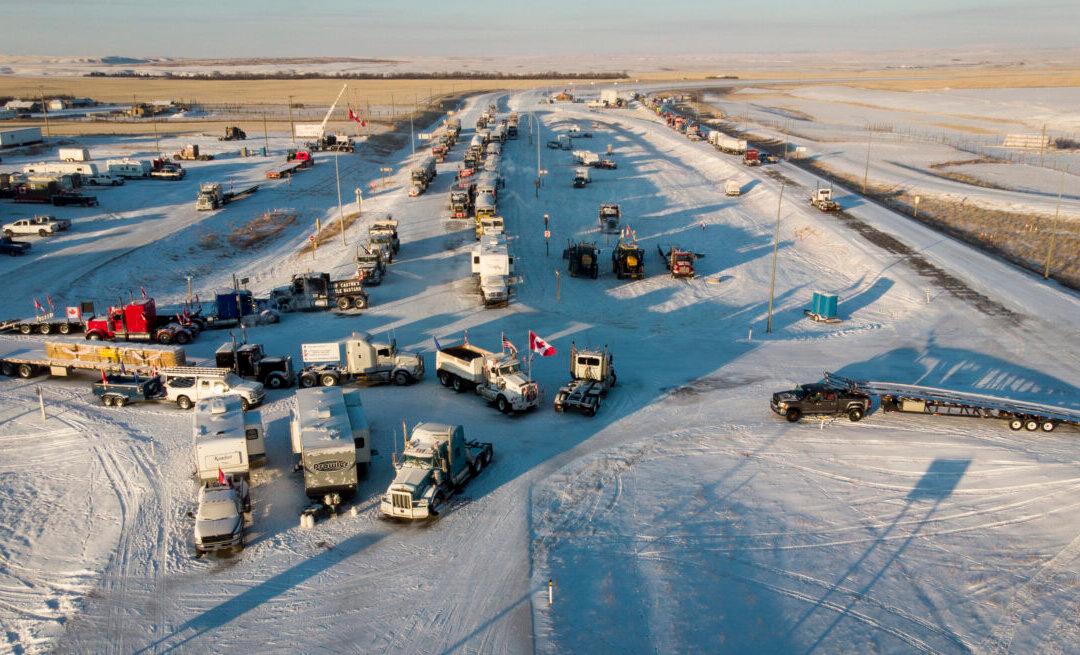Chris Carbert, one of the four men charged in connection with the 2022 border blockade at Coutts, Alta., was denied bail at a hearing on Jan. 15. The four men have been in jail for 703 days under pre-trial detention.
It is the second time that Mr. Carbert’s request for bail has been denied, with the first request being denied in May 2022. The reasons for the judge’s decisions are protected by a publication ban, but the Crown previously indicated it planned to try the four men together.





